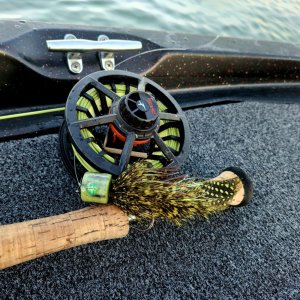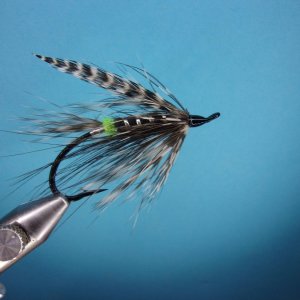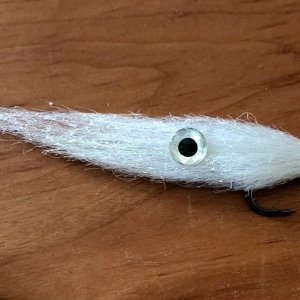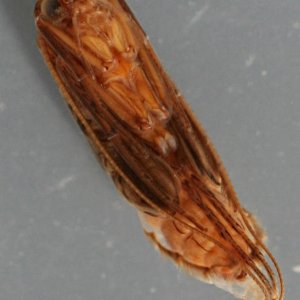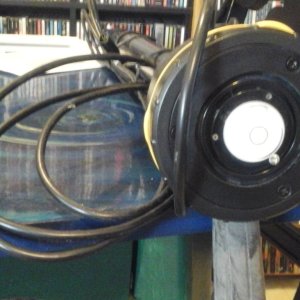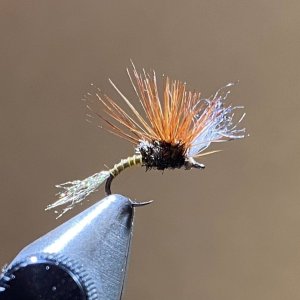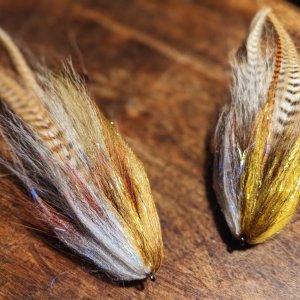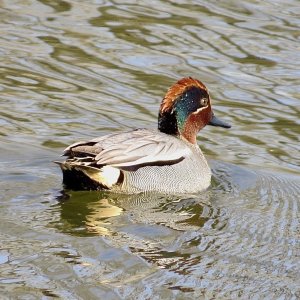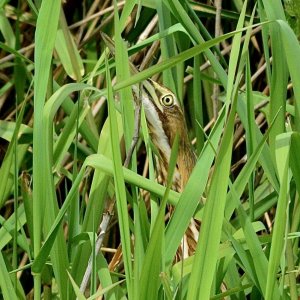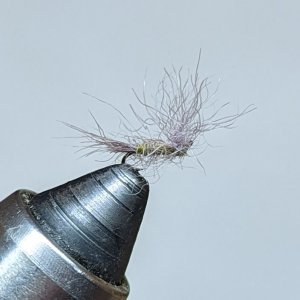cedarslug
Steelhead
You, yes you! You're probably a competent angler now! Those years of whacking through brush, losing your flies to casting knots, and falling in the river made you the angler you are now today.
But what about back then? Back when you first started out fly fishing. You were probably some pathetic try hard that failed and failed over again, until you tried something new and found success. Or maybe you were the kid in the back of the class that was too shy to ask questions, and always left in behind. Well here's your chance to help out those novices, beginners, and n00bz. More importantly, this is your opportunity to admit something that you wish you had known back then.
I'll start...
Wading Safety
We're lucky to have numerous freestone streams and rivers in the PNW. We're also fortunate to have access to coastal water and beaches. That being said, rocks can be slippery here, and sneaker waves can quietly take you out. Take out those dang earbuds, and be aware of your surroundings. Wade cautiously through water, bring a wading staff, and take smaller steps. Polarized glasses will help you see bottom. And if you can't see bottom, assume each step is going end well. Careful of bigger rocks that may look tempting for your foot to land, but are often times have the smoothest of surfaces. Make sure your waders are cinched up correctly, so when you do fall, you are keeping excess water from pouring into your waders. Lastly, don't cast and move at the same time! Stay planted and cast - you're neither that coordinated nor athletic.
TL;DR
• Bring polarized glasses
• Use wading staff
• Watch out for slippery stuff
• Smaller steps
• Cinch and secure up those waders
• No casting and moving
But what about back then? Back when you first started out fly fishing. You were probably some pathetic try hard that failed and failed over again, until you tried something new and found success. Or maybe you were the kid in the back of the class that was too shy to ask questions, and always left in behind. Well here's your chance to help out those novices, beginners, and n00bz. More importantly, this is your opportunity to admit something that you wish you had known back then.
I'll start...
Wading Safety
We're lucky to have numerous freestone streams and rivers in the PNW. We're also fortunate to have access to coastal water and beaches. That being said, rocks can be slippery here, and sneaker waves can quietly take you out. Take out those dang earbuds, and be aware of your surroundings. Wade cautiously through water, bring a wading staff, and take smaller steps. Polarized glasses will help you see bottom. And if you can't see bottom, assume each step is going end well. Careful of bigger rocks that may look tempting for your foot to land, but are often times have the smoothest of surfaces. Make sure your waders are cinched up correctly, so when you do fall, you are keeping excess water from pouring into your waders. Lastly, don't cast and move at the same time! Stay planted and cast - you're neither that coordinated nor athletic.
TL;DR
• Bring polarized glasses
• Use wading staff
• Watch out for slippery stuff
• Smaller steps
• Cinch and secure up those waders
• No casting and moving


